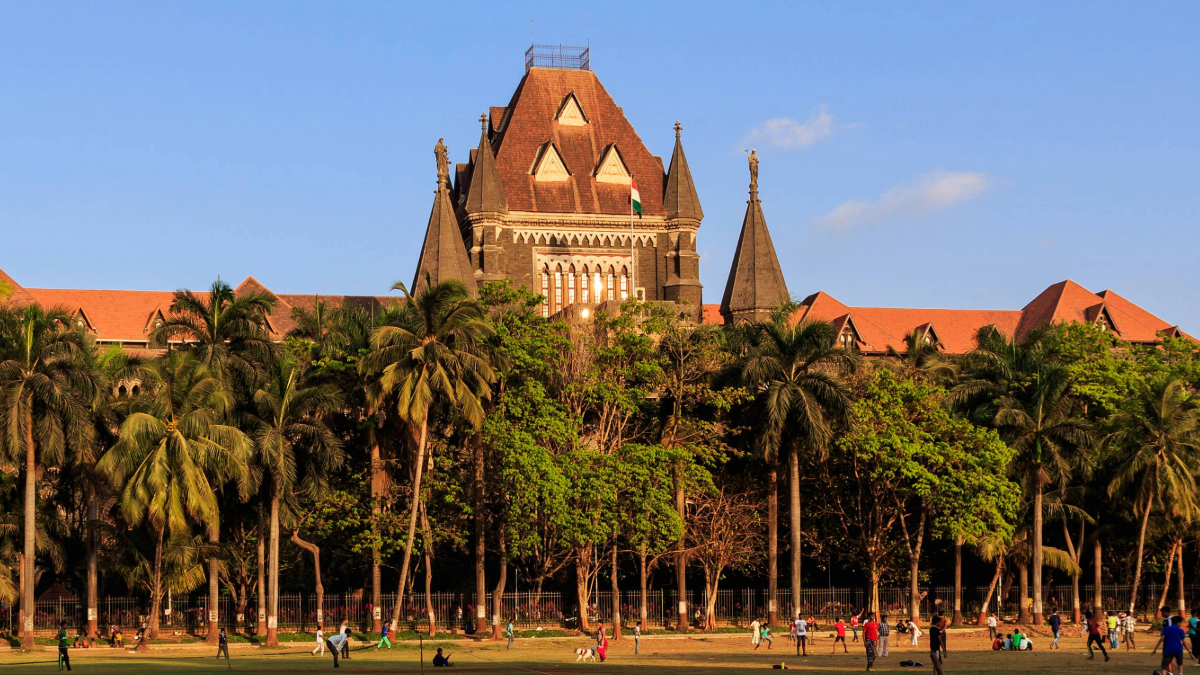Sanity Prevails as Bombay High Court Strikes Down India Government's Fact Check Unit
Amber Sinha / Sep 26, 2024
Bombay High Court building in Mumbai, India (A.Savin, Wikipedia)
The recent ruling of the Bombay High Court in the matter regarding the Indian government’s controversial ‘Fact Check Unit’ (FCU) brings to a close, at least for now, more than a year-long confusion over the regulatory responses to disinformation in India. As I wrote in August for Tech Policy Press, the FCU represented an authoritarian response that involved censorship and takedown of content, where a government body is the “primary arbiter of online news.” It was a relief to the judiciary that largely agreed with this assessment and struck down the FCU as unconstitutional.
Background
Last year, changes to the IT Rules allowed for the establishment of a Fact-Check Unit (FCU). As India’s general elections approached this year, concerns grew about the potential for the government to manipulate online information in ways that could advantage the ruling party. The Supreme Court intervened just weeks before the elections, halting the FCU’s operations until the Bombay High Court could rule on its constitutionality.
The 2023 amendments to the IT Rules established the Fact-Check Unit (FCU) to detect “fake, false, or misleading” online content related to the central government and require intermediaries to remove it. This was formalized through Rule 3(1)(b)(v), which set due diligence obligations for these intermediaries. Previously, the rule only mandated that intermediaries inform users against sharing “patently false or misleading information.” The amendment expanded this duty to include making “reasonable efforts” to stop users from uploading or sharing content identified by the FCU as fake, false, or misleading. Once the FCU flagged such content, intermediaries had to remove it. Like other provisions in the new IT Rules, non-compliance resulted in the loss of safe harbor protections, which typically protect intermediaries from legal liability for third-party content that breaches the law.
The Bombay High Court ruling
Shortly after the notification, it was challenged in the Bombay High Court by the Association of Indian Magazines and the Editors Guild of India and stand-up political comic Kunal Kamra. The matter became more fractious in January of this year when a division bench of the court returned a split verdict. Judge Patel held that the notification ran foul of the reasonable restrictions permitted to freedom of speech and expression under Article 19(2) of the Indian Constitution due to a lack of procedural safeguards and a violation of principles of natural justice. On the contrary, Judge Gokhale concluded that the government is best positioned to adjudicate matters of truth and falsehoods, with the rules only intended to combat misinformation and would not apply to legitimate criticism and satire. Justice Gokhale also dismissed concerns about the independence of the FCU, whose members were appointed entirely by the government.
Fortunately, just before the national elections, the Supreme Court intervened and stayed the establishment of the FCU until it reached a judicial resolution. After the elections, the Chief Justice of the Bombay High Court appointed Judge Chandurkar to hold fresh hearings and deliver the tie-breaking vote. Judge Chandurkar’s ruling relies largely on Judge Patel’s opinion that the notifications about FCU were arbitrary and vague and, therefore, inadequate in meeting the requirements of reasonable restrictions. He particularly characterized the terms ‘fake, false or misleading’ as vague and overbroad. Judge Chandurkar also came down heavily to the procedural aspects of the notification requirement, calling it out for violating principles of natural justice by enabling a unilateral determination by the executive. It was also instructive that the ruling did not deem a right to redressal, by itself, an adequate safeguard.
What’s next?
The saga of FCU is unlikely to have reached its conclusion. The central government can, and in all likelihood, will challenge the ruling further before the Supreme Court. It is noteworthy that the constitutionality of other aspects of the 2021 IT Rules are also pending before the Delhi High Court and Madras High Court. The Bombay High Court ruling will also impact a petition before other high courts relating to FCUs established in the states of Karnataka and Tamil Nadu. The courts had been awaiting this decision and will likely curtail or stay the functioning of those FCUs.
The minority ruling, written by Judge Gokhale, will likely serve as the basis for the central government’s renewed arguments before the Supreme Court. By sanctioning a scheme where the Union government is able to play the role of arbiter, the court would have opened a potential Pandora's box.
Government bodies have a legitimate role in analyzing and responding to disinformation. Most notably, we have seen these take the form of PSAs on health misinformation, natural disasters, and wars. However, when the scope of this role is expanded, it raises serious ethical questions. Arbiting on the accuracy of political information, for instance, is best left to independent and trustworthy actors and institutions in the media. The government, composed of a political party or parties, will most certainly seek to control the ecosystem for its own benefit by capturing an institution that rules on political speech.
Authors
